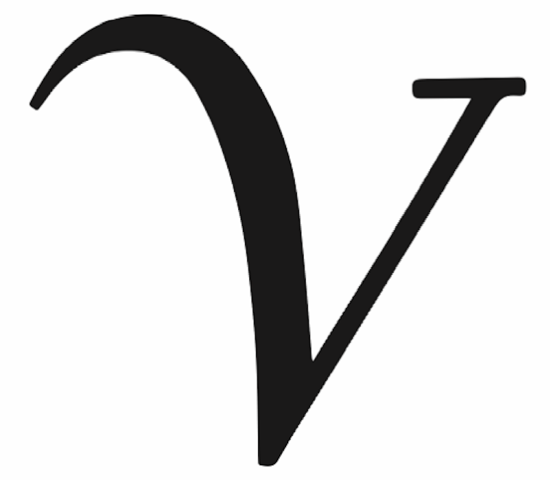Under review: Our Local Curriculum Delivery
Programmes of literacy (reading, writing, vocabulary development) and mathematics/statistics are your child’s core learning each day.
As part of ‘Student Inquiry Learning’, we seek to engage with our local community as a base for our students’ studies. We have four themes a year and bring the local environment and local interests into our learning experiences. Themes for 2025 are:
- Our Journey – Social Science focus
- Inspired to Create – The Arts / Technology focus
- Living the Dream – Social Science focus
- Eureka! – Science focus
Teachers develop these themes into learning programmes based on the NZ Curriculum – the refreshed learning areas and their learning objectives.
Year 7 students choose to engage in ‘Specialties’ such as: Soft-materials design (woodwork, stitching), visual arts, dance, ukelele, languages, robotics, biking, Minecraft, gardening (Education for Sustainability), and consider careers that might arise from such activities.
Our Year 8 students go by bus to Maangere College each week for technology lessons, while the Year 7 Specialties programme is taught at School.
We enjoy talking with parents /whaanau /aiga each year about what learning is important to you, for your children, and how to best build that into our programmes.
